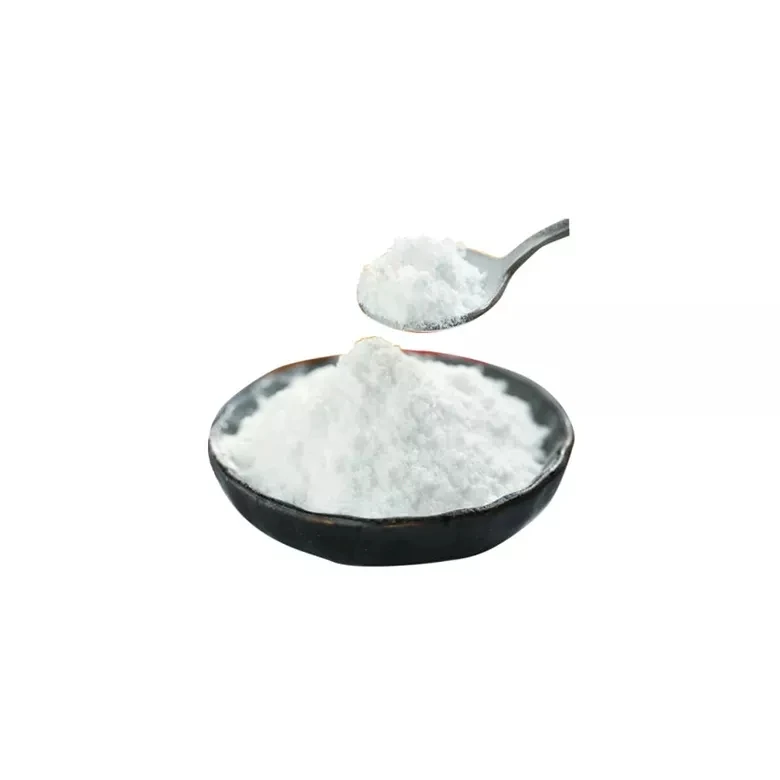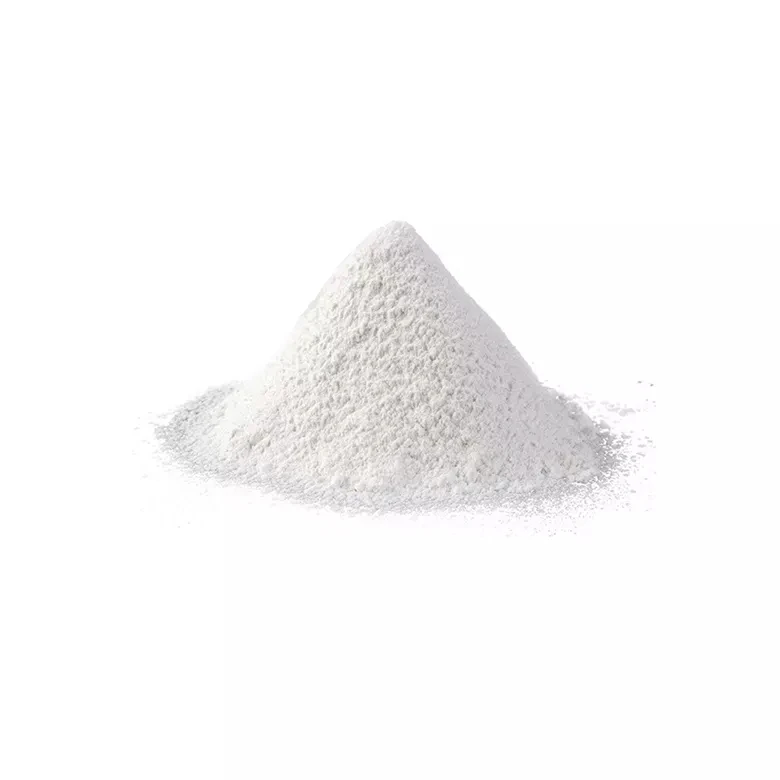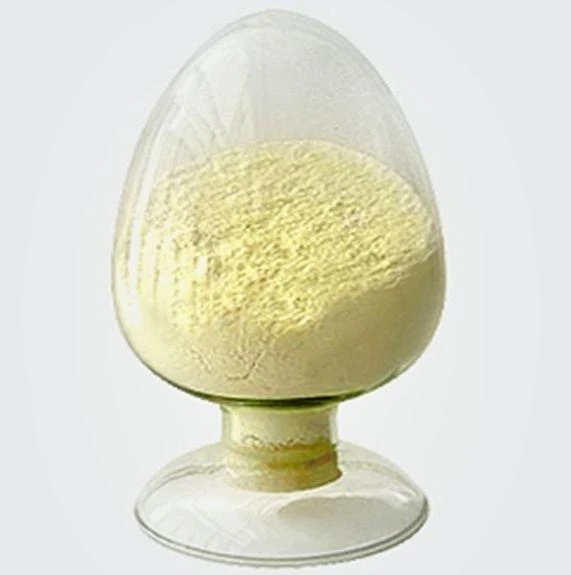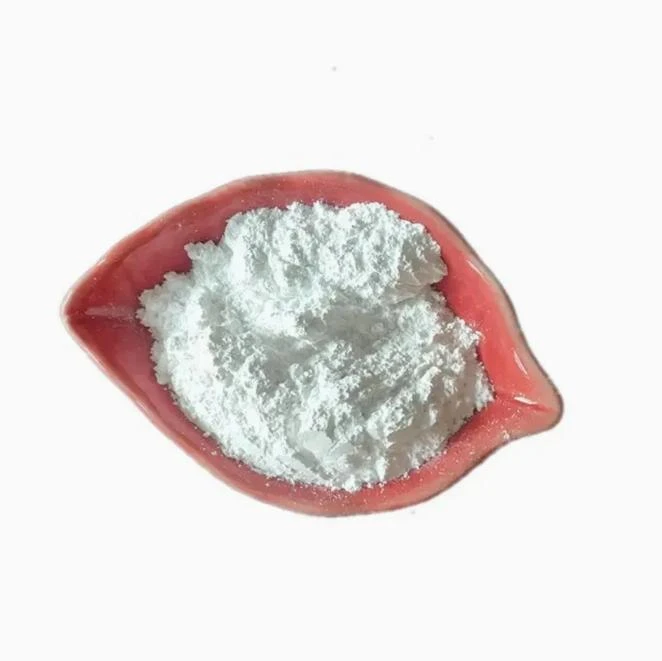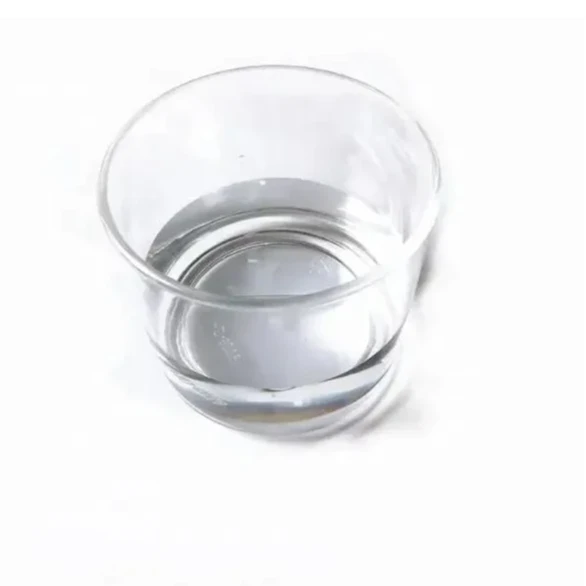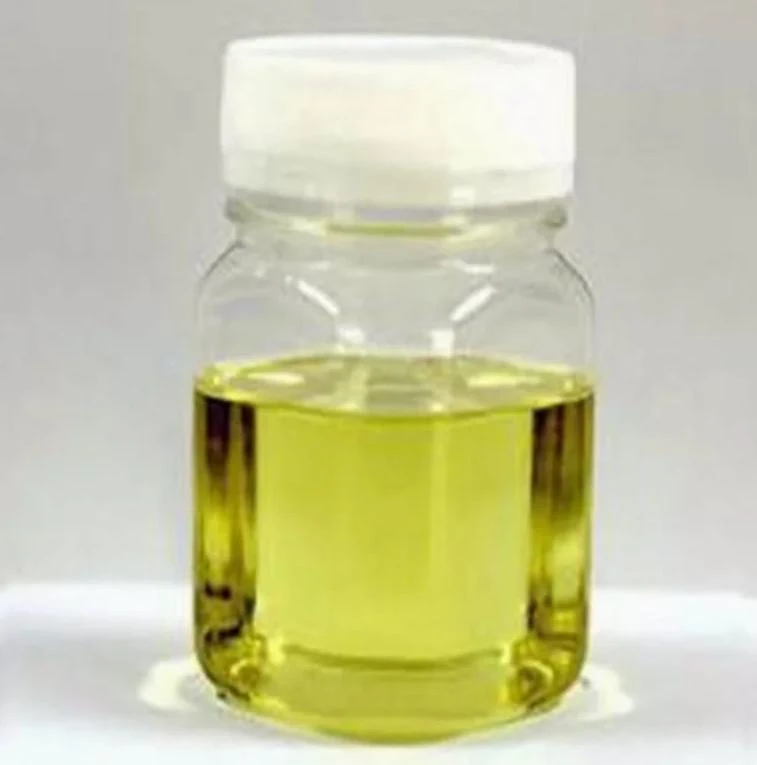Warning: Undefined array key "file" in /home/www/wwwroot/HTML/www.exportstart.com/wp-content/themes/1198/header.php on line 7
Warning: Undefined array key "title" in /home/www/wwwroot/HTML/www.exportstart.com/wp-content/themes/1198/header.php on line 7
Warning: Undefined array key "title" in /home/www/wwwroot/HTML/www.exportstart.com/wp-content/themes/1198/header.php on line 7
- Afriken
- Albanè
- Amarik
- Arab
- Amenyen
- Azerbaydjan
- Basque
- Belarisyen
- Bengali
- Bosnyen
- Bulgarian
- Catalan
- Cebuano
- Lachin
- Lachin (Taiwan)
- Kors
- Kwoasyen
- Czech
- Danwa
- Olandè
- angle
- Esperanto
- Estonyen
- Finnish
- franse
- Frisyen
- Galisyen
- Jòjyen
- Alman
- grèk
- Gujarati
- Kreyòl ayisyen
- hausa
- Hawaiian
- ebre
- Non
- Miao
- Ongwa
- Icelandic
- igbo
- Endonezyen
- Ilandè
- Italyen
- Japonè
- Javanèz
- Kannada
- kazak
- Khmer
- Rwandan
- Koreyen
- Kurdish
- Kyrgyz
- TB
- Latin
- Latvian
- Lityanyen
- Luxembourgish
- Masedwan
- Malgashi
- Malay
- Malayalam
- Maltese
- Maori
- Marathi
- Mongolyen
- Myanma
- Nepali
- Nòvejyen
- Nòvejyen
- Occitan
- Pashto
- Pèsik
- Polonè
- Pòtigè
- Punjabi
- Woumen
- Ris
- Samoan
- Scottish Gaelic
- Sèb
- angle
- Shona
- Sindhi
- Sinhala
- Slovak
- Sloveni
- Somalyen
- Panyòl
- Sundanese
- Swahili
- Swedish
- Tagalog
- Tajik
- Tamil
- Tatar
- Telugu
- Thai
- Tik
- Tirkmen
- Ukrainian
- Oudou
- Ouygur
- Ouzbek
- Vyetnamyen
- Welsh
- Ede
- Yiddish
- Yoruba
- Zoulou
Memantine
Memantine hydrochloride is a raw material. It should be prescribed by experienced doctors in the diagnosis and treatment of Alzheimer's dementia and guided by patients. Treatment can only begin when there are caregivers around the patient who regularly supervise the patient's medication. Dementia should be diagnosed in accordance with current diagnostic criteria and guidelines.
Memantine is a medication used to treat moderate-to-severe Alzheimer's disease. It is less preferred than acetylcholinesterase inhibitors such as donepezil. Treatment should only be continued if beneficial effects are seen. It is taken by mouth.
Memantine was approved for medical use in the United States in 2003. It is available as a generic medication. In 2017, it was the 149th most commonly prescribed medication in the United States, with more than four million prescriptions

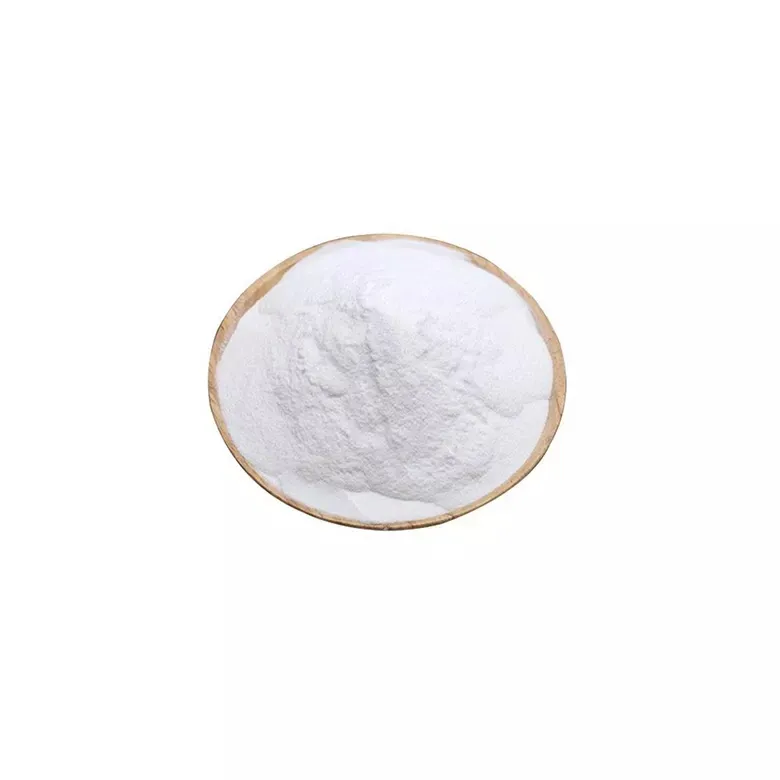

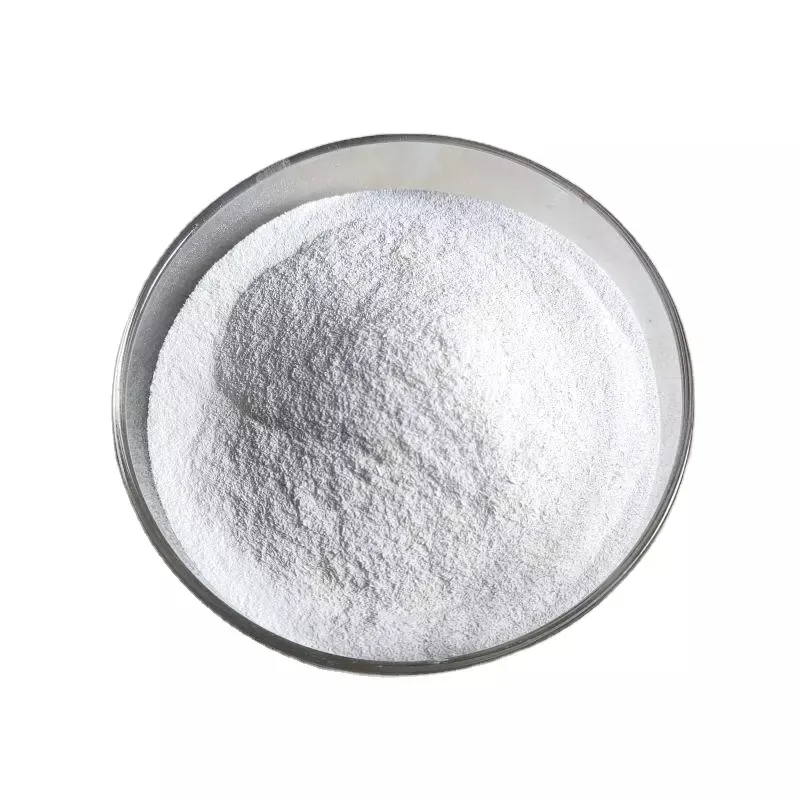
Memantine is clinically used for the treatment of moderate to severe senile dementia and parkinsonism syndrome. It is a new type of anti-senile dementia drug and can be used for the treatment of moderate to severe senile dementia.
Memantine is used to treat moderate-to-severe Alzheimer's disease, especially for people who are intolerant of or have a contraindication to AChE (acetylcholinesterase) inhibitors.One guideline recommends memantine or an AChE inhibitor be considered in people in the early-to-mid stage of dementia.
Memantine has been associated with a modest improvement; with small positive effects on cognition, mood, behavior, and the ability to perform daily activities in moderate-to-severe Alzheimer's disease. There does not appear to be any benefit in mild disease.
Memantine when added to donepezil in those with moderate-to-severe dementia resulted in "limited improvements" in a 2017 review. The UK National Institute of Clinical Excellence (NICE) issued guidance in 2018 recommending consideration of the combination of memantine with donepezil in those with moderate-to-severe dementia. Effects in autism are unclear. Recent scientific journal reports are showing guarded promise with severe obsessive compulsive disorder.
Nou gen anpil faktori-wo kalite ak gwo koperasyon, ki ka ba ou bon jan kalite pwodwi ak pri konpetitif. Epi nou ka bay tou rabè pou acha esansyèl. Epi nou kolabore ak anpil konpayi transpò machandiz pwofesyonèl, ka delivre pwodwi san danje epi san pwoblèm nan men ou. Tan livrezon se sou 3-20 jou apre konfimasyon peman an.

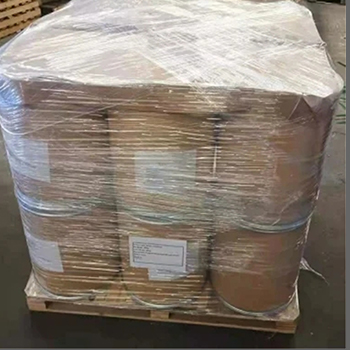
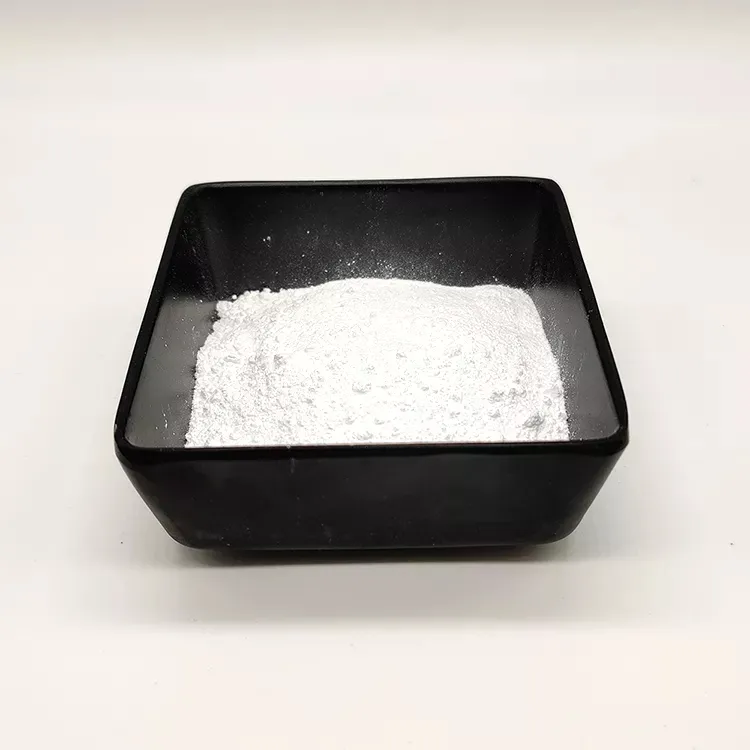

|
Atik |
Requirements |
Test Results |
|
appearance |
White or almost white crystalline powder |
White crystalline powder |
|
Idantifikasyon |
IR |
Comply |
|
Related substance |
1-methyladamantane ≤0.3% 1,3,5 -trimethyladamantane ≤0.3% Unknow impuritiy ≤0.1% Total impurity ≤0.5% |
0.13% 0.14% <0.1% <0.4% |
|
Rezid sou ignisyon |
≤0.1% |
0.06% |
|
Heavy matal |
≤10ppm |
<10ppm |
|
Pèt sou siye |
≤0.5% |
0.29% |
|
Esè |
98.5-101.0% |
99.13% |
|
Residual Solvents |
Ethyl Acetat: ≤0.5% Ethanol: ≤0.5% |
0.08% 0.12% |
|
PH |
4.5-5.5 |
5.3 |
|
Microbial Limits |
Max 5*102 aerobes and fungl per 1g E. Coli: Negative Salmonella: Negative
|
Pass |
|
Size of distributed particles |
Pass 100μ m |
Konfòme |
|
Konklizyon |
Meet the requirements |
|
Memantine is a medication used to treat moderate-to-severe Alzheimer's disease. It is less preferred than acetylcholinesterase inhibitors such as donepezil. Treatment should only be continued if beneficial effects are seen. It is taken by mouth.
Memantine was approved for medical use in the United States in 2003. It is available as a generic medication. In 2017, it was the 149th most commonly prescribed medication in the United States, with more than four million prescriptions
Memantine HCl is the HCl form of Memantine. Memantine is a well- known neuroprotective drug used for the treatment of Alzheimer's disease. It is believed to be the first neuroprotective drug that has achieve clinical approval by US FDA as well as European.
The development of Alzheimer's disease involves the misfolded mutant proteins such as β-amyloid peptide (Aβ, particularly Aβ1−42). These misfolded mutant protein can increase the NMDA response and further cause severe excitotoxicity.
Memantine suppresses this process through acting as the antagonist of the N-methyl-d- aspartate-sensitive glutamate receptor (NMDARs).
Memantine is also under investigation as a potential treatment for other kind of neurodegenerative disorders such as HIV-associated dementia, neuropathic pain, glaucoma, depression, Huntington's disease, ALS and movement disorders, among other.

1. Èske ou se yon faktori oswa yon konpayi komès?
Nou se yon konpayi entegre endistri ak komès, bay yon sèl-stop service.OEM ta ka aksepte.
2. ou bay echantiyon yo genyen? Èske li gratis oswa siplemantè?
Echantiyon gratis. Frè machandiz echantiyon an bezwen peye bò kote ou.
3. Èske ou gen nenpòt sètifika ki gen rapò ak kontwòl kalite?
ISO 9001:2008 sètifikasyon asire bon jan kalite.
4. Kisa mwen ta dwe bay pou jwenn yon sitasyon?
Pls enfòme nou sou kalite pwodwi ou bezwen, kantite lòd, adrès ak kondisyon espesifik yo.Y ap fè sitasyon an pou referans ou nan tan.
5. Ki kalite metòd peman ou pito? Ki kalite kondisyon yo aksepte?
Kondisyon livrezon yo aksepte: FOB, CFR, CIF, EXW;
Aksepte Peman Lajan:USD;
Kalite Peman Aksepte: T/T, Western Union; Paypal, asirans komès.
Lang pale: Angle.
Kategori pwodwi yo
-
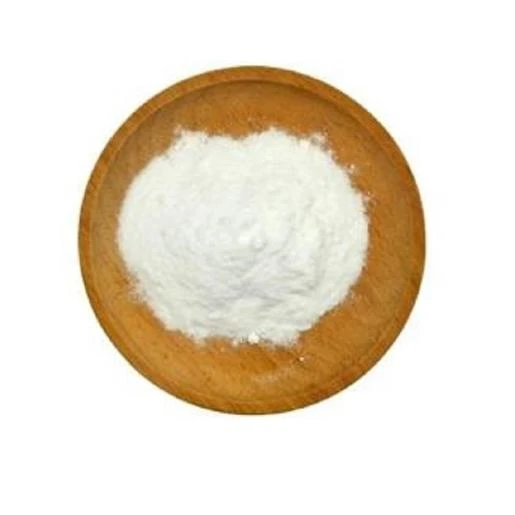 May . 13, 20252025 European Fine Chemicals Exhibition in GermanyThe much-anticipated Fine Chemicals Europe 2025 will be held in Germany from June 4 to 5, 2025. The event will bring together industry leaders, innovators and stakeholders in the fine chemicals sector, providing a unique platform for networking, collaboration and showcasing the latest advances in the field.
May . 13, 20252025 European Fine Chemicals Exhibition in GermanyThe much-anticipated Fine Chemicals Europe 2025 will be held in Germany from June 4 to 5, 2025. The event will bring together industry leaders, innovators and stakeholders in the fine chemicals sector, providing a unique platform for networking, collaboration and showcasing the latest advances in the field. -
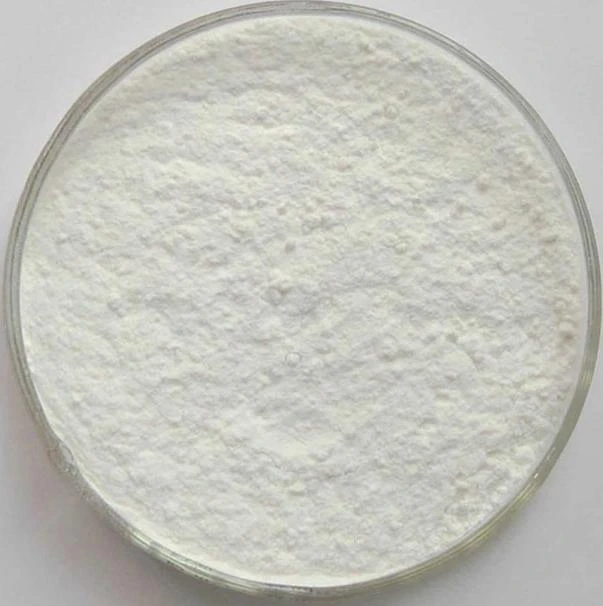 May . 07, 20252025 New York Cosmetics Ingredients ExhibitionThe much-anticipated 2025 Cosmetics Ingredients New York will be held at the Javits Center in New York from June 3 to 4, 2025. This event will bring together industry leaders, innovators and enthusiasts from all over the world to discuss the latest trends and advances in the field of cosmetic ingredients.
May . 07, 20252025 New York Cosmetics Ingredients ExhibitionThe much-anticipated 2025 Cosmetics Ingredients New York will be held at the Javits Center in New York from June 3 to 4, 2025. This event will bring together industry leaders, innovators and enthusiasts from all over the world to discuss the latest trends and advances in the field of cosmetic ingredients. -
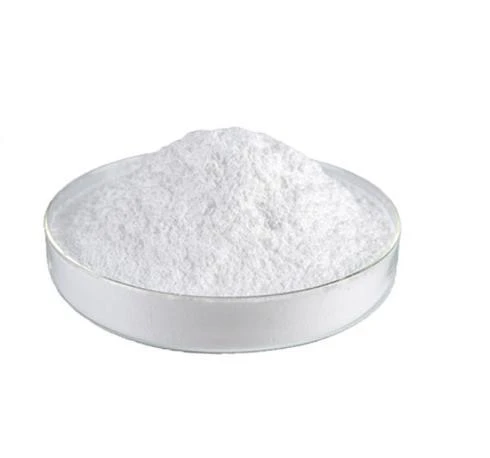 Apr . 27, 2025Zibo will host the 2025 International Chemical ExpoZibo, a city known for its thriving chemical industry, will host the 2025 Zibo International Chemical Expo from May 16 to May 18, 2025. This highly anticipated event aims to bring together industry leaders, innovators and stakeholders from around the world to explore the latest advancements and trends in the chemical industry.
Apr . 27, 2025Zibo will host the 2025 International Chemical ExpoZibo, a city known for its thriving chemical industry, will host the 2025 Zibo International Chemical Expo from May 16 to May 18, 2025. This highly anticipated event aims to bring together industry leaders, innovators and stakeholders from around the world to explore the latest advancements and trends in the chemical industry.



